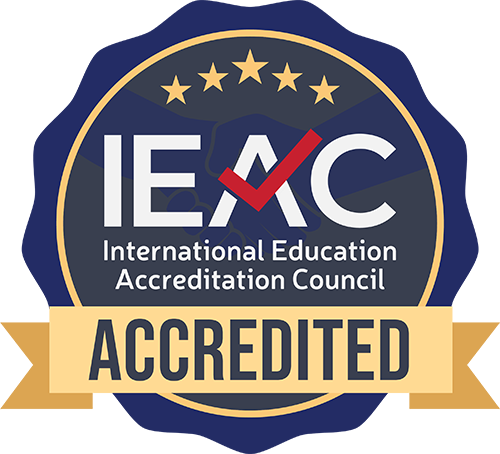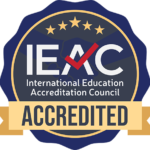We are proud to be one of only a few institutions to offer this option for your PhD or Masters study. It involves a combination of mentor-led instruction and in-depth assignments and projects, for which you will be able to choose your focus area – 2 for the Master’s, and 4 for a Doctorate degree. You will work closely with your mentor throughout.

You can ‘demonstrate’ through a series of interlinked projects that you are qualified, experienced, knowledgeable and up-to-date in your area of specialisation. (Candidates may be required to complete several primer modules which familiarise them with the techniques and mindset for conducting research at the graduate degree level.)
Each candidate will propose, design and complete a series of projects with the approval of the mentor and the College. Each project will build upon the findings of the previous one, with the final project ‘capping’ everything before it.
An advantage is that you can incorporate your own work-related projects into this framework. By conducting substantive, systematic, rigorous and independent investigation into issues raised, candidates can produce material that is not only meaningful to themselves but also useful for application in their own careers.
You can nominate your own mentor, or have one allocated to you by the Graduate Studies Committee. Mentors will work closely with each candidate throughout the programme, using agreed communication methods.
Another benefit is the creation of more than one publication (minimum two), which is the norm for most other Doctoral programmes.
Initially, the mentor and the candidate will decide together on the topics and the overall focus, which then will be submitted for approval by the Graduate Studies Committee.
Work begins after this.
Each project is submitted to and graded by the mentor. A project is approximately 10,000 words in length and must meet high standards in presentation, critical analysis and content.
At the end of each academic term, the candidate and the mentor both submit progress reports to the Graduate Studies Committee. These reports are compared and monitored closely so that the candidate can be guided and counselled accordingly.
You cannot progress to the next project unless the current one is passed.
When all projects are completed, they are externally examined and candidates must defend their work through a viva voce or examination.
This program is ideal for those who are involved with, or used to project-based work. Candidates new to research, or who need to brush up on their research skills will find this program invaluable.
For success in this module, a person needs to be motivated, able to adapt, and posess a practical outlook. Project candidates can link work competencies and professional development goals (or KPIs) to their projects, with approval. Successful applicants may matriculate (begin) on the first of any month.
A Master’s Degree may be obtained within one academic year, or less for those with advanced placement.
A PhD/DBA may be completed within two academic years in exceptional circumstance.
Transfer students from other institutions are welcome to apply, and advanced standing may be given for previous study and research.
Extensions are permitted (maximum of eight terms for Master’s and twelve terms for Doctorate).
A term is 4 months. Students are required to pay separately for extension terms. Please refer to the Fees section for more information.
Also, see Financial Aid and Scholarships.
The first day of any month, and the term begins the first date of matriculation (entry) when the student is approved as a researcher.
Find out HOW TO APPLY.
How to write a research proposal
Warnborough was a perfect opporuntity to study from anywhere in the world, and not to interrupt work and family. Thank you very much for this – you are great, and special thanks to my Dr Mazhar for giving very precious comments on my work.



